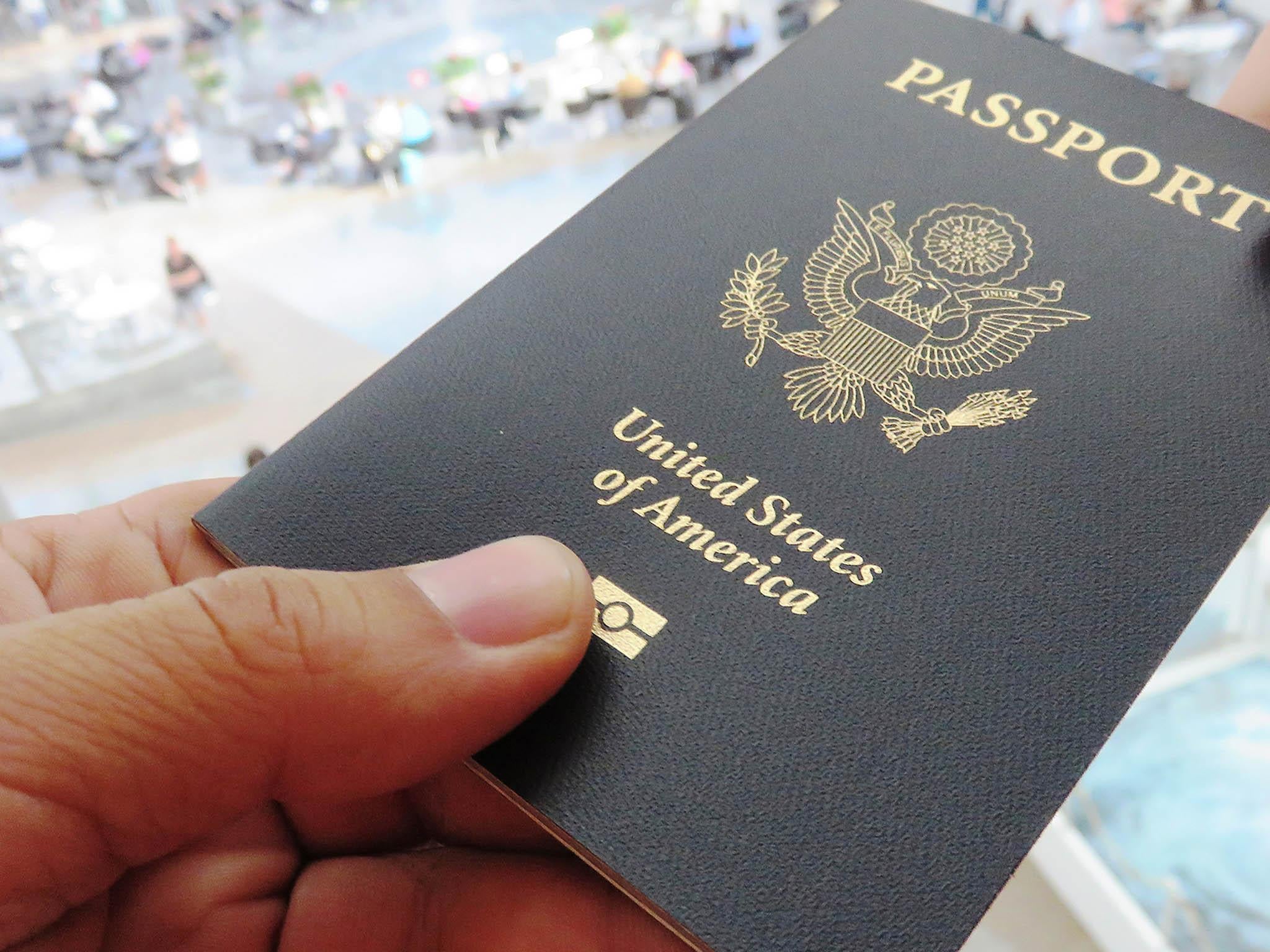Convicted paedophiles to be identified as child sex offenders in US passports
State Department introduces new travel requirement but faces criticism from civil libertarians over measure that targets only one category of criminal

Your support helps us to tell the story
From reproductive rights to climate change to Big Tech, The Independent is on the ground when the story is developing. Whether it's investigating the financials of Elon Musk's pro-Trump PAC or producing our latest documentary, 'The A Word', which shines a light on the American women fighting for reproductive rights, we know how important it is to parse out the facts from the messaging.
At such a critical moment in US history, we need reporters on the ground. Your donation allows us to keep sending journalists to speak to both sides of the story.
The Independent is trusted by Americans across the entire political spectrum. And unlike many other quality news outlets, we choose not to lock Americans out of our reporting and analysis with paywalls. We believe quality journalism should be available to everyone, paid for by those who can afford it.
Your support makes all the difference.America’s registered child sex offenders will now have to use passports identifying them for their past crimes when travelling overseas.
The State Department said on Wednesday it would begin revoking passports of registered child sex offenders and will require them to apply for a new one that carries a “unique identifier” of their status. Those applying for a passport for the first time will not be issued one without the identifier, which will be a notice printed inside the back cover of the passport book that reads: “The bearer was convicted of a sex offence against a minor, and is a covered sex offender pursuant to (US law).”
The department said in a statement posted to its travel.state.gov website that registered child sex offenders will no longer be issued smaller travel documents known as passport cards because they do not have enough room to fit the notice.
The changes come in response to last year’s “International Megan’s Law,” which aims to curb child exploitation and child sex tourism, but also has been criticised by civil libertarians for being overly broad and targeting only one category of convicted felon.
The law is named for Megan Kanka, a seven-year-old girl murdered by a convicted child sex offender in New Jersey in 1994. The case drew widespread attention and led to the creation of several state sex offender registries. Government agencies notified Congress on Wednesday the passport requirement of the law had taken effect.
The State Department, which issues US passports, said it will start notifying those affected as soon as it receives their names from US Immigration and Customs Enforcement at the Department of Homeland Security. That agency is charged with identifying child sex offenders and is the sole agency that can add or remove someone from the list.
Affected passport holders will be able to travel abroad on their current passports until the revocations are formalised, the department said, and it wasn’t immediately clear when immigration and homeland security officials would provide that list.
A spokesman for US Immigration and Customs Enforcement said the agency was “exercising additional vetting procedures” to produce those names and that it is a “priority,” but could not say when they would be sent to the State Department.
Critics say the passport requirement will limit the ability of those affected to lawfully travel abroad.
The State Department said the language in the passports “will not prevent covered sex offenders from departing the United States, nor will it affect the validity of their passports.”
However, it also noted that American citizens, like those of other nations, are subject to the entry laws, rules and requirements of countries they wish to visit. Many countries prohibit or place strict restrictions on the travel of convicted felons.
State Department officials said they weren’t aware of any other group of felons who’ll be identified as offenders in their passports.
AP
Join our commenting forum
Join thought-provoking conversations, follow other Independent readers and see their replies
Comments